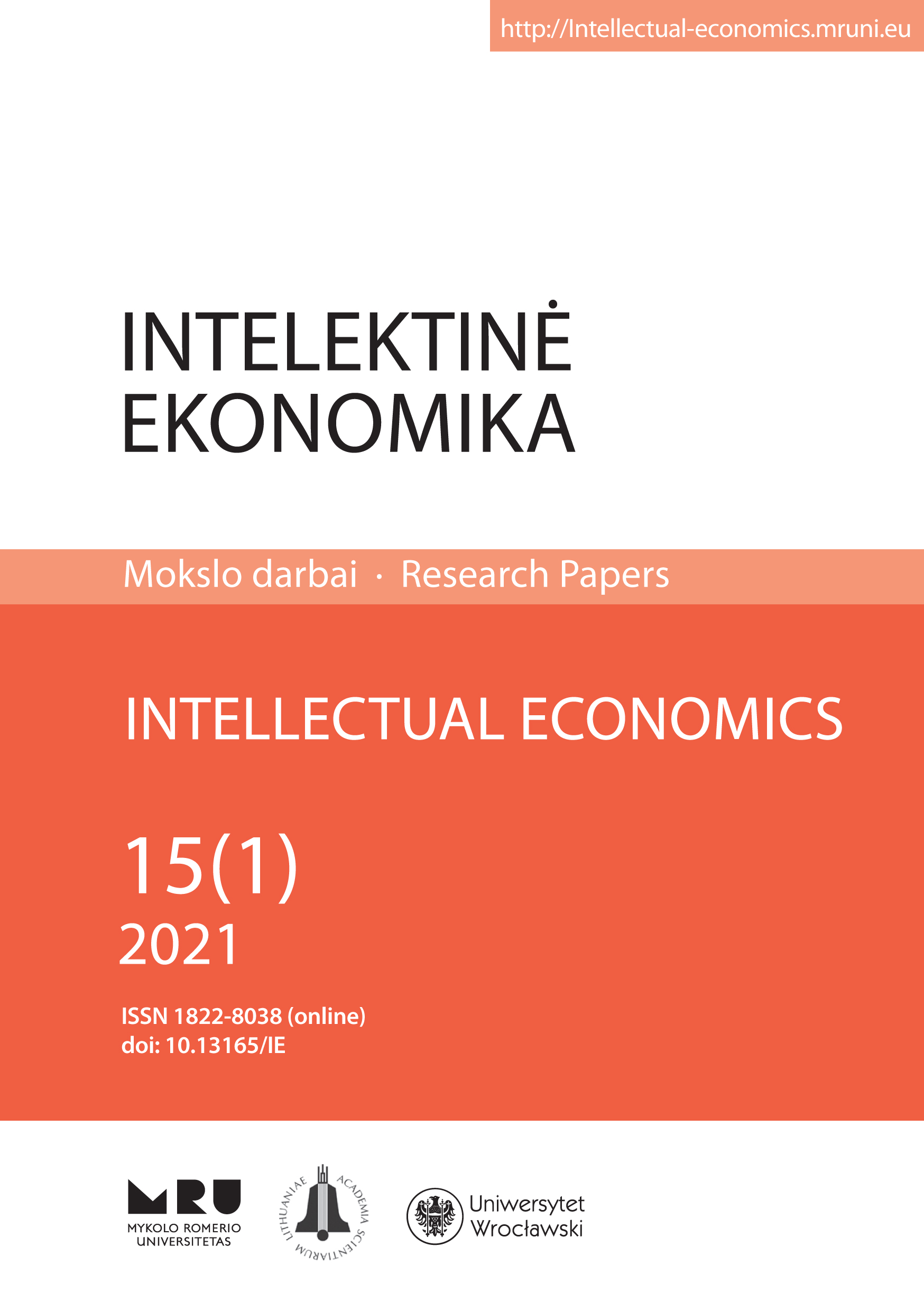THE IMPACTS OF LEADER–MEMBER EXCHANGE, PSYCHOLOGICAL CAPITAL, AND JOB CRAFTING ON INNOVATIVE BEHAVIOR: EVIDENCE FROM THE PUBLIC SECTOR
THE IMPACTS OF LEADER–MEMBER EXCHANGE, PSYCHOLOGICAL CAPITAL, AND JOB CRAFTING ON INNOVATIVE BEHAVIOR: EVIDENCE FROM THE PUBLIC SECTOR
Author(s): Windraya Adikara, Soetjipto BudiSubject(s): Governance, Public Administration, Organizational Psychology, Management and complex organizations, Human Resources in Economy
Published by: Mykolas Romeris University
Keywords: innovative behavior; job crafting; leader–member exchange; psychological capital; government;
Summary/Abstract: Public sector vested with power to plan, develop, and regulate various sectors in a country. To successfully embedded this role, the public sector has started to recruit employees with an outstanding psychological positive attitude as a way to improve performance, thus expecting them to find unusual ways of correcting errors in service delivery and redesigning work processes. Although research to date acknowledged the link between innovative behavior and psychological capital, little empirical research has been conducted on the topic of positive organizational behavior (includes job crafting) with innovative behavior, along with leader-member exchange (LMX) as supplement predictors to support. The purpose is to examine the effect of LMX and psychological capital on job crafting and employees’ innovative behavior, respectively. In addition, mediation effects of job crafting on the relationship between LMX and employees’ innovative behavior, and the relationship between psychological capital and employees’ innovative behavior were also analyzed. To explore the relationship between the aforementioned variables, a set of self-rated questionnaire was used to collect data from 105 entry-level employees in one of Indonesia’s government offices in order to investigated if new-recruitments are capable of demonstrating the expected role. Partial Least Squares (PLS) method was used to analyze the collected data and tested with the reliability and validity before moving forward to examine the measurement and structural models. The result shows that psychological capital has a positive and significant effect on job crafting and innovative behavior. Leader-member exchange, however, does not significantly affect both job crafting and innovative behavior. Furthermore, job crafting does not have a significant effect of mediator. The empirical findings in this study have limitations, including it was conducted in the government sector of a country, and it was framed that LMX and psychological capital are the drivers of job crafting and employees’ innovative behavior, while in reality, it could be reciprocal over time. This study divides factors predict innovative behavior into two points of view: social and internal resources, which suggest ways for government sector to enhance their employee’s innovative behavior not only focus through employee’s personal resource but also with high-quality relationship with supervisors.
Journal: Intelektinė ekonomika
- Issue Year: 15/2021
- Issue No: 1
- Page Range: 31-48
- Page Count: 18
- Language: English

